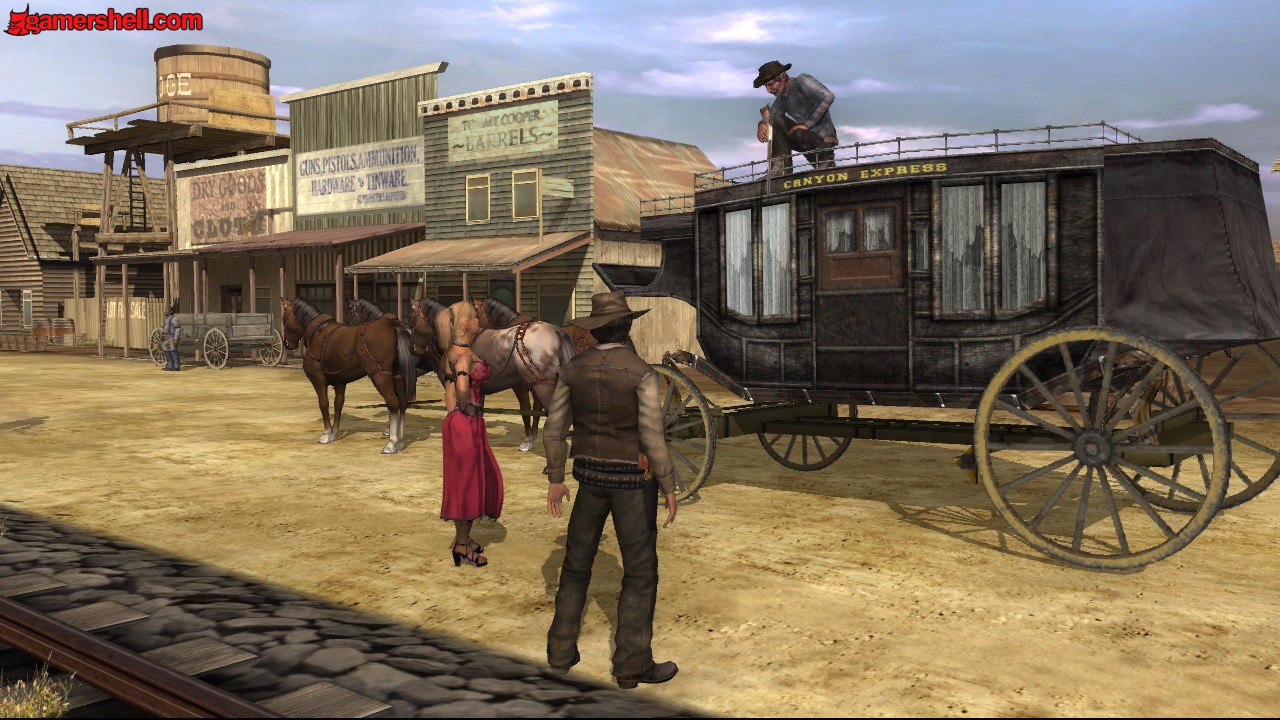Email: joel at ufvcascade dot ca
 Whether originating from childhood teasing or just an overwhelming love of video games, there is a growing segment of the population sacrificing their social lives for a life of hardcore gaming.
Whether originating from childhood teasing or just an overwhelming love of video games, there is a growing segment of the population sacrificing their social lives for a life of hardcore gaming.
While even the longest films don’t top the four-hour mark, anything less than 15 hours of gameplay is routinely heralded as a major development flaw. Some games offer well over 100 hours of play time. If you include games with large amounts of replay value, downloadable content, modded levels, or other online content sharing, individuals can often comfortably spend all of their free time playing a game without needing to spend a lot of money. The end result is a subculture of addicted gamers who barely socialize, even between themselves.
Although there is nothing inherently wrong with being such an aficionado, it can have a very negative effect on an individual’s ability to connect with fellow human beings. World issues and relevant topics of discussion can seem confusing or uninteresting to these “game geeks,” who would rather avoid social situations that feature such interactions. The recent introduction of online game modes and massively-multiplayer online games has the potential to counteract the phenomenon of social retardation; so far the effects have been minimal.
Tim Rogers, editor-in-chief and founder of Action Button Dot Net, discussed this burgeoning game geek subculture in his monthly column on the hardcore video game website Kotaku. Rogers, who is well-known for writing extremely creative and exceptionally-lengthy articles, expanded on the concept after a reader asked him why so many gamers were “inarticulate” and otherwise “unaware” of non-gaming culture. While he did respond by discussing the negative, addictive aspects of gaming, his fascinating method of exploring topics from multiple, unconventional perspectives allowed him to praise the respectability of intelligent game geeks who are able to discuss aspects of classic games in a way that has genuine merit. In particular, he noted those who spend a lot of time enjoying the “cinema” are actually generally regarded with high esteem, if they have insightful things to say about them. So too can gamers fill this role.
But, perhaps games have a way to go before they can be regarded in the same way as cinema. It’s true that recent games like Red Dead Redemption and Heavy Rain have provided a new level of sophistication for game geeks to reflect on, but neither compares to the rich, emotional journey found in a classic film. When technology allows for more realistic real-time graphics, especially of faces, the potential for more touching stories in games becomes more likely. A push by the gaming industry to put more effort into providing such experiences will be the only way to ensure it happens, though. It really is true that an overindulgence in games during one’s developing years can have negative effects on their social skills. Still, there are signs that games in the future will be a valuable tool in actually improving the way individual’s connect and relate to their peers, with important lesson’s explored and learned through play.


